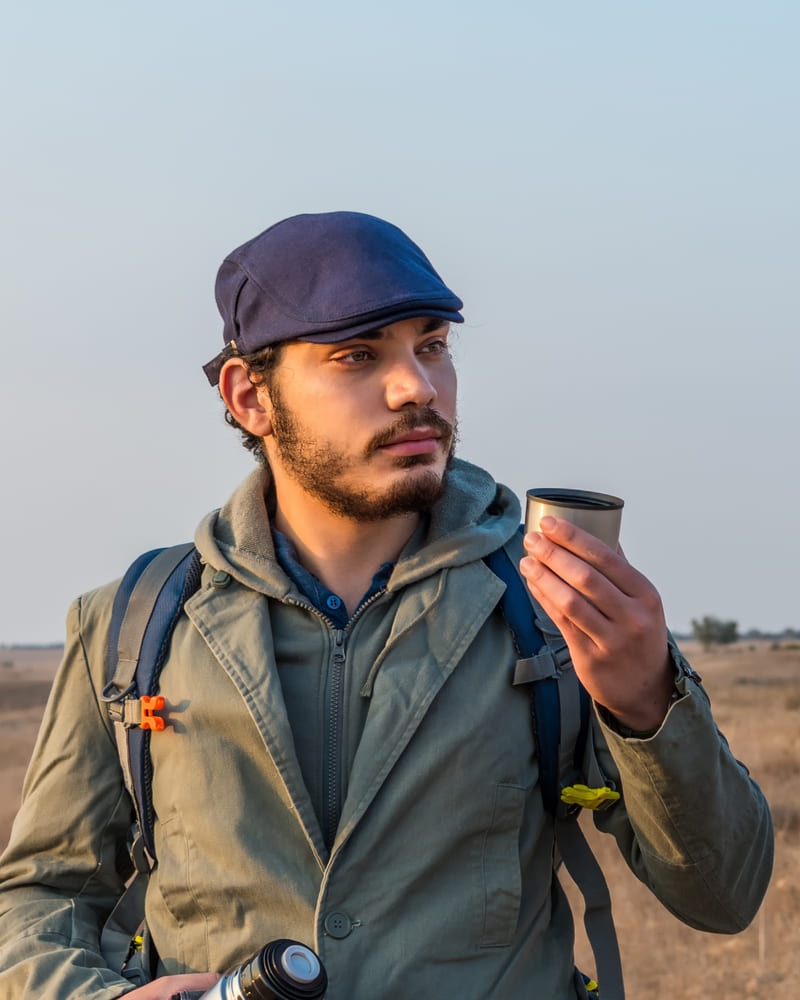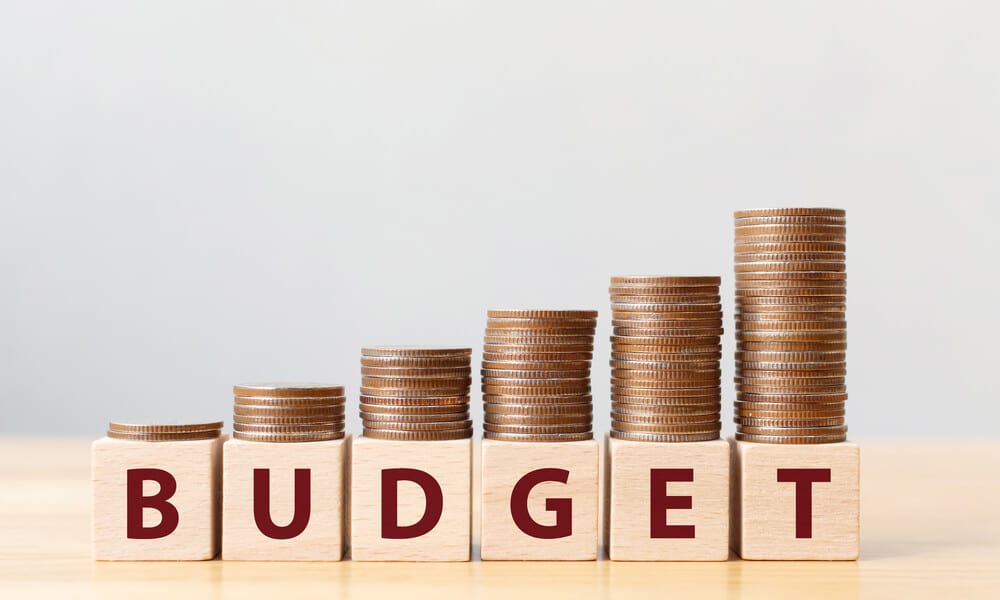There are many places in Africa to see wildlife. But there are few where you can so profoundly feel the connection between your visit and the survival of a species. A safari in Rwanda is more than a holiday; it’s a chance to witness the results of a nation’s resilience and become part of one of the greatest conservation success stories of our time. It’s a journey that stays with you long after you’ve come home.
For first-time visitors, particularly those celebrating a milestone, the planning process should feel as seamless and inspiring as the trip itself. This Rwanda safari guide, created by our team of African experts, is designed to do just that. We’ll provide the clarity and confidence you need to invest in an experience that is not only breathtakingly beautiful but also deeply meaningful, both for your family and for the future of Rwanda’s wilderness.
Why Choose Rwanda? A Model of Luxury with Purpose
Rwanda has made a deliberate choice to pursue a path of high-value, low-impact ecotourism. This means fewer visitors, more exclusive experiences, and a guarantee that your investment directly supports the conservation and community initiatives that make it all possible.
- Seamless Logistics: Rwanda’s compact size and excellent infrastructure mean less time spent traveling and more time experiencing. The world-class Kigali International Airport is only a scenic 2-3 hour drive from the foothills of Volcanoes National Park.
- Unrivaled Primate Encounters: It offers one of the world’s most accessible and well-managed mountain gorilla trekking experiences, alongside opportunities to see golden monkeys and chimpanzees.
- A Complete Conservation Story: Rwanda is not just about gorillas. It’s about the inspiring revival of Akagera National Park into a Big Five destination and the protection of the ancient Nyungwe Forest. Your visit supports this holistic vision.
The Best Time to Visit Rwanda for Your Safari
While Rwanda can be visited year-round thanks to its equatorial climate, your trip will likely be planned around the best trekking conditions.
The Long Dry Season (June – September): Perfect for Trekking
This is the most popular time to visit. Conditions for gorilla and chimp trekking are at their best, with drier trails and less chance of rain. It’s the peak season, so booking permits and lodges well in advance is essential.
The Short Dry Season (December – February): Another Great Window
Another excellent period for trekking, with mostly dry weather and slightly greener landscapes than the long dry season.
Understanding the Green Seasons
The rainy seasons (March-May and October-November) bring afternoon showers but also lush, vibrant scenery and fewer tourists. Trekking can be more challenging, but for keen photographers, the dramatic, misty light is spectacular.
Caption: The mist-shrouded peaks of the Virunga Massif in Volcanoes National Park are home to Rwanda’s mountain gorillas.
Alt text: The mist-covered volcanoes of Volcanoes National Park, Rwanda.
Rwanda’s Three Parks: A Trifecta of Conservation Success
To truly understand Rwanda’s journey, a complete itinerary should include its three very different, yet equally inspiring, national parks.
Volcanoes National Park: The Realm of the Mountain Gorilla
This is the heart of Rwandan tourism. Following in the footsteps of Dian Fossey, you’ll trek through bamboo forests on the slopes of the Virunga Volcanoes to spend a magical hour with a habituated mountain gorilla family. The experience is intimate, emotional, and meticulously managed to ensure the gorillas’ wellbeing.
Akagera National Park: The Return of the Big Five
Managed by the pioneering non-profit African Parks, Akagera’s story is one of astonishing rebirth. Once decimated by poaching, the park has been systematically restocked with lions and black rhinos, making it a fully-fledged Big Five savannah destination. A visit here feels like witnessing conservation in action.
Nyungwe Forest National Park: A Primate Paradise
One of Africa’s oldest rainforests, Nyungwe is a haven for primates, with 13 species including chimpanzees and huge troops of colobus monkeys. The park’s famous Canopy Walkway offers a unique, bird’s-eye view of the forest.
Gorilla Trekking in Rwanda: What to Expect on Your Journey
The gorilla trek is the pinnacle of a Rwandan safari, and understanding the process is key to appreciating its value.
The $1,500 Permit: An Investment, Not an Expense
The price of the gorilla permit in Rwanda often raises questions. It’s crucial to understand this is not just an entry ticket. It is a direct and powerful conservation tool. A significant portion of this fee goes to funding the national parks, supporting anti-poaching patrols, and crucially, sharing revenue with the local communities who live alongside the gorillas, making them partners in conservation. It funds an experience that is exclusive, well-regulated, and ultimately sustainable.
The Trekking Experience: Easier Access, Intimate Encounters
While still a trek, the access in Rwanda is generally considered less arduous than in other destinations. Treks can be shorter, and the open terrain on the volcanoes’ slopes can make for clearer sightings. With only a handful of permits issued per gorilla family each day, the encounter is incredibly personal and respectful.
Essential Rules for a Respectful Encounter
- Maintain a minimum distance of 10 meters.
- Keep your voice low.
- Do not trek if you are feeling unwell.
- You have one precious hour with the gorillas.
Caption: An hour with a mountain gorilla family is one of the most moving wildlife encounters on Earth.
Alt text: A majestic mountain gorilla in Volcanoes National Park, Rwanda.
Planning Your Rwandan Itinerary: Seamless and High-Impact
Rwanda’s excellent road network and short distances make it possible to craft a high-impact itinerary in a relatively short time.
- Sample 7-Day Itinerary: Arrive in Kigali (1 night), transfer to Volcanoes National Park for gorilla and golden monkey trekking (3 nights), transfer to Akagera for a Big Five safari (2 nights), and depart from Kigali.
- The Rise of Kigali: Don’t rush through the capital. Spend a day exploring what is widely regarded as Africa’s cleanest, safest, and most orderly city. A visit to the Kigali Genocide Memorial is a deeply moving and essential experience for understanding the country’s journey of reconciliation and hope.
- Choosing Your Accommodation: Rwanda offers some of Africa’s finest lodges, from the iconic Bisate Lodge to Singita Kwitonda. These are not just places to stay; they are destinations in themselves, deeply committed to sustainability and community partnership.
Health, Safety, and Practical Information
- Is Rwanda Safe for Tourists? Rwanda is exceptionally safe, with a strong emphasis on security and order. Tourists are warmly welcomed, and the tourism infrastructure is excellent.
- Vaccinations and Health Precautions: Some vaccinations may be required or recommended. Volcanoes National Park is not in a malaria-risk area, but other parts of the country are. Consult your doctor well in advance of your trip.
- What to Pack for Gorilla Trekking: Sturdy hiking boots, layered clothing, waterproofs, and gardening gloves to protect your hands are essential.
For the latest official travel and tourism information, visit the Visit Rwanda website.
Rwanda Safari FAQs
How difficult is gorilla trekking in Rwanda?
The difficulty varies. Treks can last from 1 to 4 hours. While there is altitude and the terrain is uneven, it is generally considered manageable for anyone with a moderate fitness level. Porters are available to help carry your bag.
What is the Kwita Izina ceremony?
It is a uniquely Rwandan event where newborn baby gorillas are given their names in a public ceremony. Held annually, it’s a major celebration of the country’s conservation success.
Can you see the Big Five in Rwanda?
Yes. Thanks to the successful reintroduction of lions and black rhinos, Akagera National Park is now a Big Five destination, complementing the primate experiences elsewhere in the country.
Why is the gorilla permit in Rwanda so expensive?
The high price reflects a deliberate conservation strategy to fund the protection of the gorillas and their habitat through high-value, low-volume tourism, ensuring the experience remains exclusive and sustainable.
Do I need a visa for Rwanda?
Citizens of many countries can receive a visa on arrival or are exempt. However, it’s crucial to check the latest requirements for your specific nationality before you travel.
Begin Your Unforgettable Rwandan Journey
A trip to Rwanda is an investment in a travel experience that is as enriching as it is exhilarating. It’s a story of hope, and by visiting, you become a part of it.
The key takeaway: Rwanda offers a seamless, secure, and deeply meaningful luxury safari experience, perfect for travelers who want their journey to have a profound and positive impact.
Let us help you craft this journey of a lifetime.
Take our 3-minute quiz to find your perfect safari destination.


